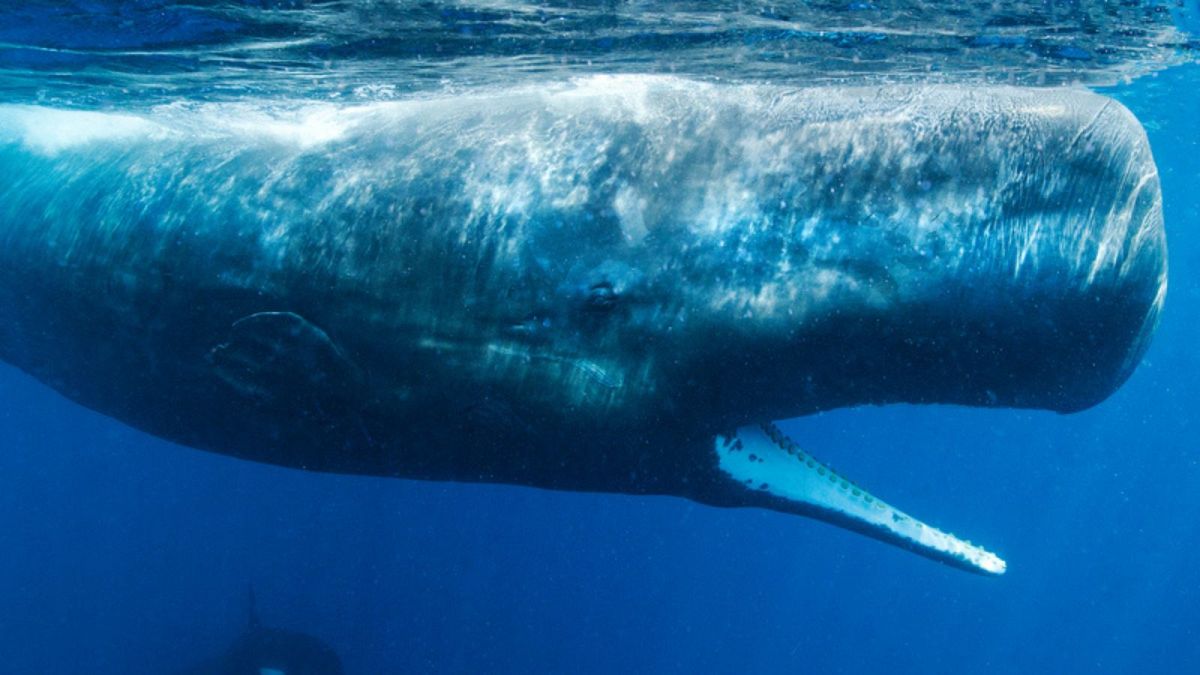

In a world increasingly intertwined with technology and climate awareness, the delicate balance between progress and conservation comes into sharp focus. Recent developments from across the globe highlight both the challenges faced and the innovative strides being taken to foster a sustainable future.
This week, a Greenpeace exploration unveiled the beauty and fragility of marine life within areas designated for deep-sea mining. The findings underscore the tension between technological advancement and environmental preservation, with vulnerable species like whales potentially caught in the crosshairs of industrial pursuits. These sea havens, teeming with diverse life, remind us of the profound need to approach industrial development with mindful consideration for ocean ecosystems.
Meanwhile, on the energetic front, leaders convened at the Baku Energy Forum, advocating for a significant uptick in global renewable energy efforts. The forum spotlighted calls for a tripling of renewable energy sources by 2030, an ambitious goal requiring widespread cooperation and substantial investment. The discussions emphasized not only the necessity of expanding clean energy but also the modernization of energy infrastructures worldwide, a transformative step aimed at combating climate change and fostering sustainable economic growth.
On Australia’s southeastern coast, the story is one of resilience and adaptation in the face of change. Strong winds and towering waves have battered the coastline, resulting in frequent inundations that threaten local infrastructure. Senior meteorologist Angus Hines attributed this heightened activity to changing environmental conditions, urging communities to prepare for more frequent occurrences of such severe weather patterns. This necessitates a proactive approach to coastal planning and fortified defenses, both physical and legislative, to protect vulnerable regions from the fallout of climate shifts.
On the dietary frontier, a fascinating yet challenging proposition emerges as researchers explore the potential of insects as a sustainable food source. Despite the significant environmental benefits insects present over traditional livestock, public acceptance remains a formidable barrier. A recent study reveals that the ‘yuck factor’ continues to impede widespread adoption of insect-based diets, which are touted as a greener alternative due to their lower ecological footprint. The transition from conventional meat consumption to entomophagy is nuanced, reflecting deeper cultural and perceptual hurdles that must be addressed through education and innovative culinary approaches.
These vignettes from around the world paint a vivid picture of the path toward a resilient, sustainable future. The journey requires harmonious cooperation between technological innovation and environmental stewardship, guided by a collective commitment to nurturing our planet’s intricate ecosystems. In this era of dynamic change, the enduring message is one of mindful action and shared responsibility, steering our global community toward balanced, sustainable living for generations to come.
Source: {link}
